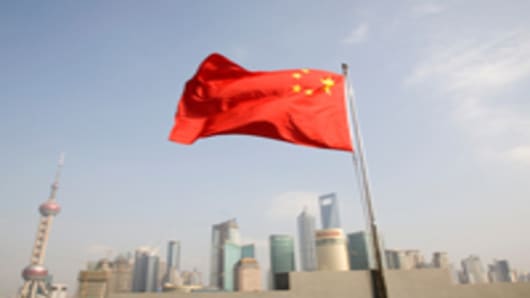The market is naïve to expect a big stimulus boost in China, Adrian Mowat, JPMorgan’s chief Asian and emerging market equity strategist, told CNBC’s “Squawk on the Street” Thursday.
Mowat said the Chinese economy is slowing significantly, but it’s happening more on the capital goods side than the consumer side. “What China’s dealing with at the moment is the over-investment that happened during its stimulus in 2008 and 2009,” he said.
China’s demographics also mean that the labor market is very tight and wages are increasing. “You add that plus the fact that inflation came in at a nice low figure at the beginning of this week, and you probably should give the Chinese government an A-plus at the moment,” he stated. “They’ve got full employment, pricing power for labor, and relatively low inflation.”
While high-end consumers are being hit as property prices come down, Mowat said it’s the people with the construction and manufacturing jobs that are benefiting from increasing wages and lower food costs. (Related: China’s Job Market Under Stress).
But investing in this Chinese consumer is very difficult, Mowat noted. “There are limited number of stocks internationally that fit within that and there are very few listed stocks in China,” he said. “Most of the China plays that people have been investing in are the high-end names.”
For U.S. investors, the weaker Chinese economy is very bad news if you're long material and energy stocks, Mowat said. “It's quite possible that construction activity in China declines over a number of years, so I'm very nervous that people have too high expectations for China's demand for material and energy,” he cautioned.
But there are benefits for Western consumers as resource prices fall since it will provide consumers with more discretionary income, particularly in the United States as the gasoline price comes off, he said.
“I think you should be very wary of China plays in materials, energy and high-end luxuryand start to think about how the consumer in the Western world will benefit from the decline in material and energy prices,” Mowat advised.



